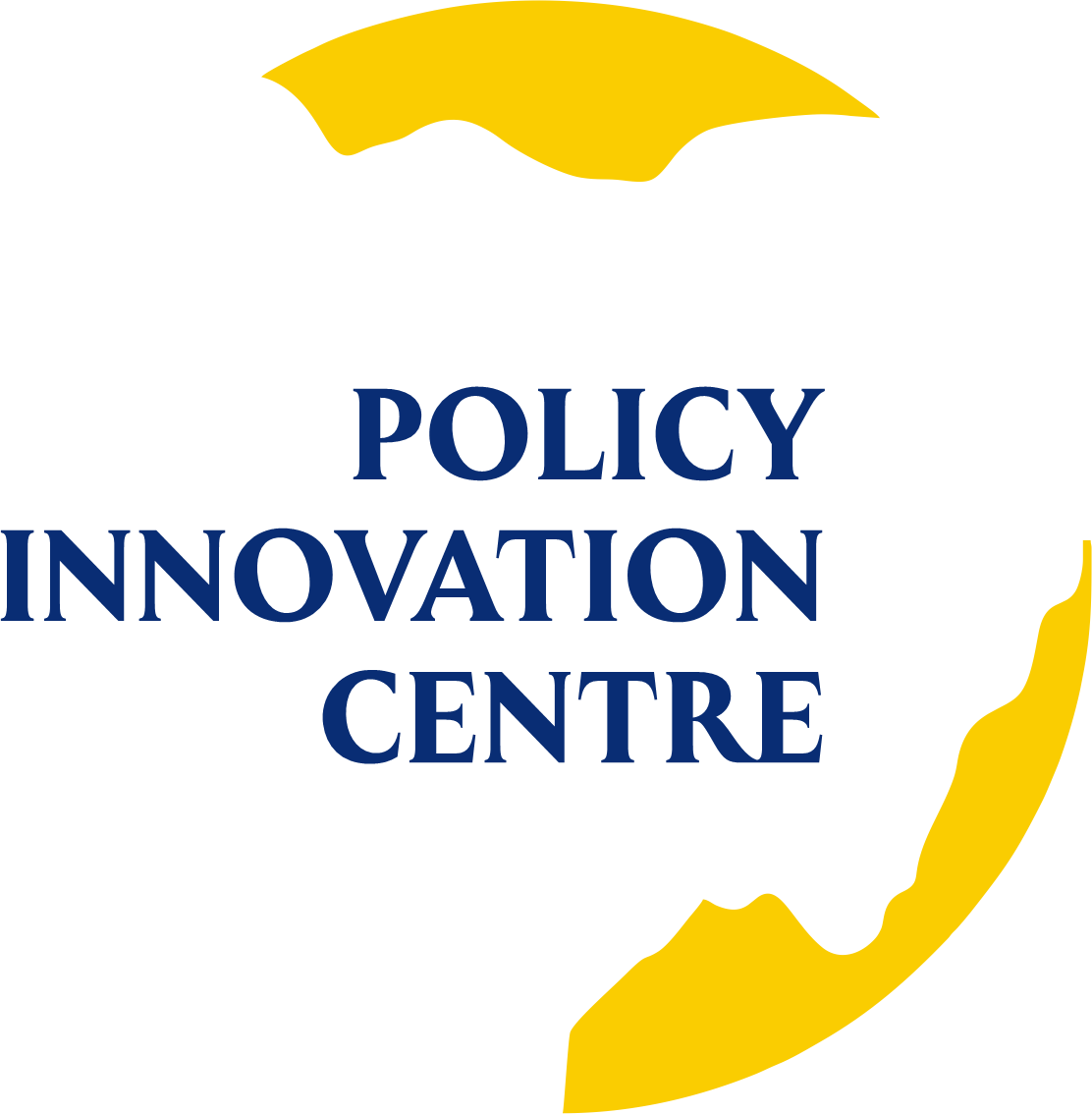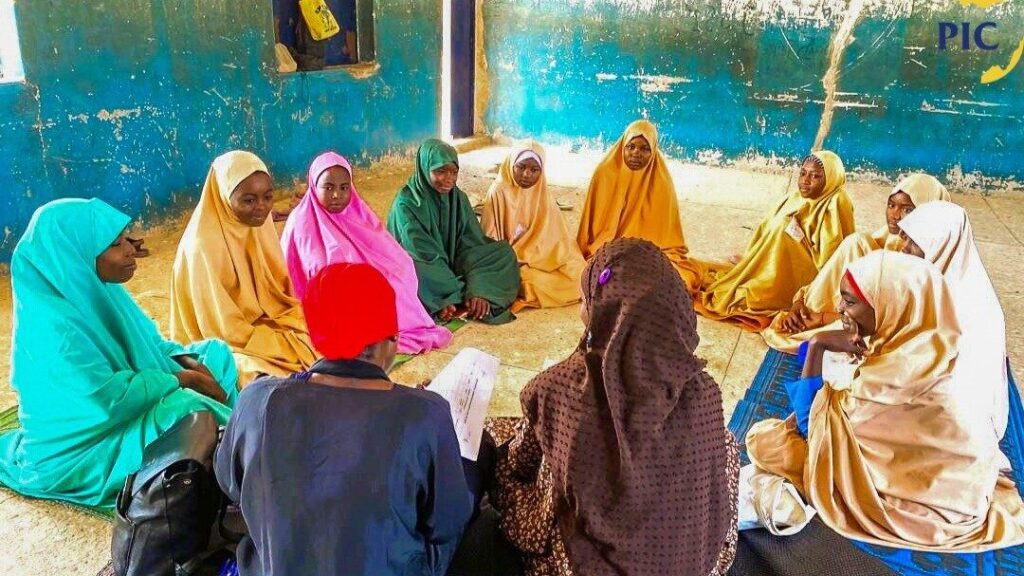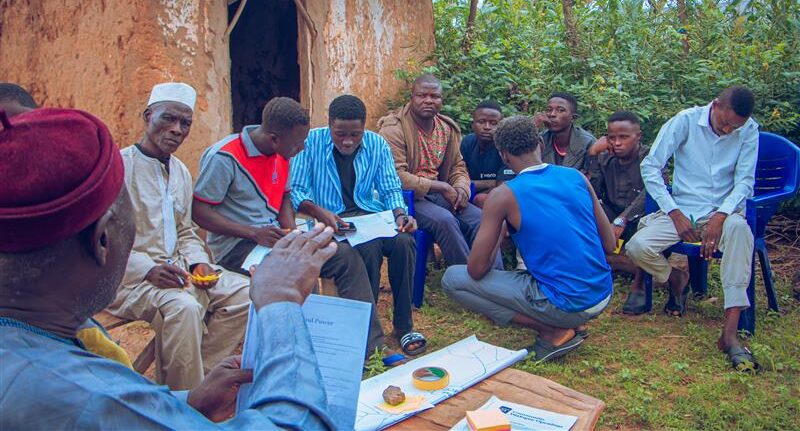When it comes to research with young people, especially adolescent girls, how we listen is just as important as what we ask. At the PIC, we believe the voices of young people (particularly girls) are powerful tools for shaping policies and igniting change. But those voices can only emerge when we create spaces where they feel safe, respected, and valued.
As part of PIC’s social behavioral science research, this reflection, drawn from our work in rural Northern Nigeria, shares key insights from our focus group discussions with adolescent girls - highlighting how empathy, cultural sensitivity, and trust-building are essential in research.
1. Comfort is key: design for inclusion
We set up our discussions informally - mats on the floor, a circle under a tree’s shade. This might seem simple, but the impact is powerful. It levels the playing field, breaks down barriers, and invites honest conversations. The result? Smiles, laughter, and courageous storytelling. This setup reduces power dynamics and encourages open communication, which is essential when working with young people who may feel intimidated in formal environments.
2. Representation matters
Our participants came from various grades, all dressed in vibrant, culturally respectful attire. At PIC, we prioritize and understand that when young people see themselves represented and valued, they're more likely to engage meaningfully. Seeing themselves reflected in the process made them feel like more than just respondents - they became contributors to change. That’s the energy we aim to create.
3. Build trust, not just questionnaires
We don’t just show up with forms. We show up with respect - speaking local languages, dressing modestly, sitting shoulder-to-shoulder with participants. Trust can’t be forced. But when it’s earned, the insights that follow are rich, real, and deeply human. For us in PIC, this approach paves the way for instilling comfort and rapport with our research participants. Young people need to feel emotionally and physically safe to speak honestly. Prioritizing their comfort (physically and emotionally), we opened the door to deeper insights, honest stories, and meaningful engagement.
4. Facilitate, don’t dominate
Our facilitators are trained to listen, not lecture. By sitting at the same level and engaging with humility, they send a clear message: “We’re here to learn from you.” And the girls responded – with honesty, with hope, and with a sense of empowerment. It’s a reminder that facilitators should approach young people with empathy, respect, and humility. At PIC, we emphasize that researchers respect people's culture, projecting a modest view of oneself that is devoid of pride and arrogance. During the focus group discussions, the engaged expressions and attentive listening show that young people are eager to share when given the chance. Take a good look at the picture above, you will understand that adolescent girls just need the right setting, support, and someone who genuinely cares to listen. For the facilitators, this was a goldmine of understanding. But more importantly, for the girls, it was empowerment.
5. Ethics are non-negotiable
In PIC, we don’t just tick boxes - we live our values. Informed consent (including from parents), clear confidentiality, and adherence to Nigeria’s National Data Protection Regulations are cornerstones of our approach.
Why this matters
These girls aren’t just the subject of research. They are the future. By creating safe, inclusive spaces, we’re not only collecting data - we’re nurturing confidence, building agency, and laying the groundwork for systems that listen, adapt, and empower. Through this research, young women’s voices were not only heard but valued — shaping policies, informing programs, and igniting change from within.
At Policy Innovation Centre, we don’t just ask questions. We create spaces where answers can rise with dignity and strength. Because the voices of tomorrow deserve to be heard today.
Emmanuel Nwala, Lead Writer





